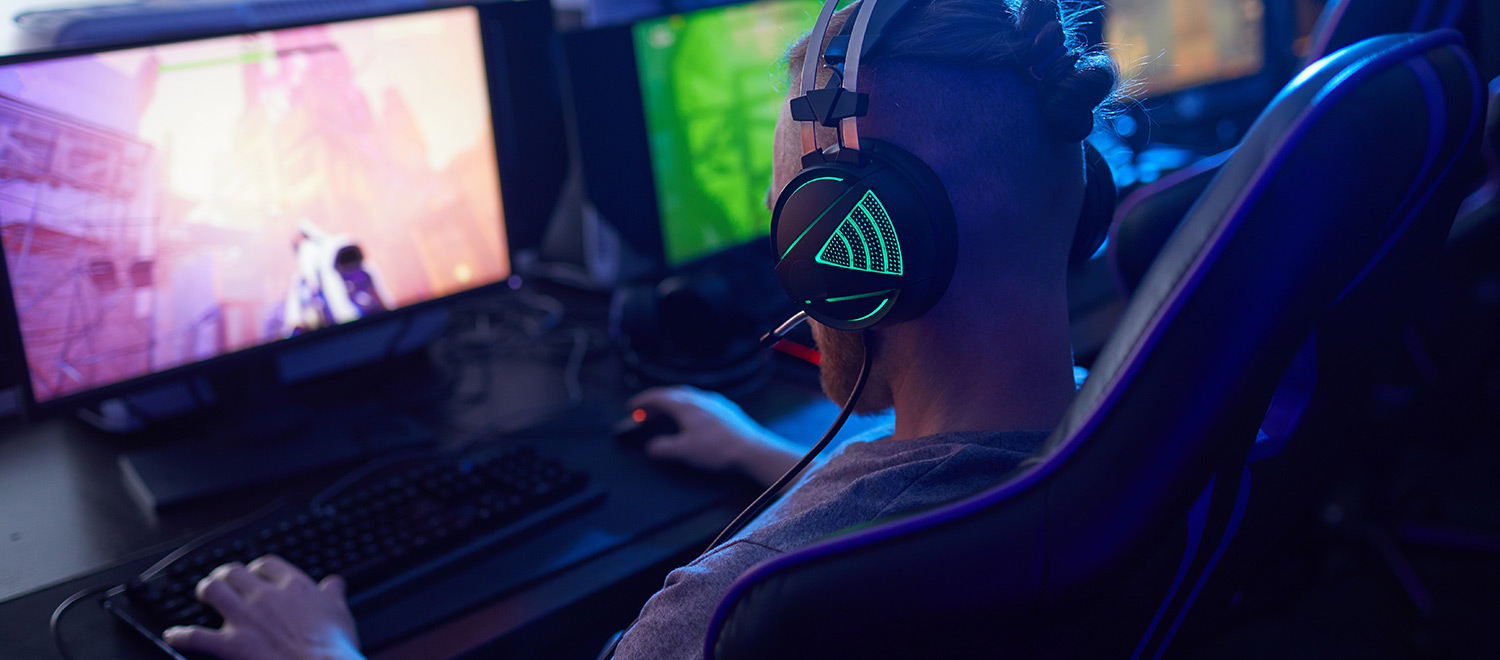We previously discussed why there aren’t many top-ranked Asian athletes. But there is one area of sports where Asians dominate – E-Sports.
Esports comprises a large swathe of video game genres, but the most common esports video game genres are multiplayer online battle arena games (like League of Legends, DOTA 2, and Smite); first-person shooter games (like Counter-Strike and Call of Duty); fighting games (like Street Fighter, Super Smash Brothers, and Mortal Kombat); digital collectible card games (like Hearthstone), battle royale games (like PlayerUnknown’s Battlegrounds and Fortnite Battle Royale); and real-time strategy games (like StarCraft and WarCraft).
Professional electronic gaming boasts an estimated 250 million players worldwide in a growing market worth about a billion dollars a year. This year, the total estimated Esports audience will grow to 454 million viewers. With such a large, established viewer base, it’s not hard to see why larger traditional sporting formats would want to include Esports in their event lineup. In fact, Esports were featured in the 2018 Asian Games as a demonstration sport and will be a medal event in the 2022 Asian Games. After its inclusion was announced, the International Olympic Committee recognized Esports as an sporting activity, setting up Esports to qualify to become a competitive Olympic event in the future.
So one day, skinny, pale Asian kids like Lee Sang-hyeok, the top earning League of Legends Player, might be wearing an Olympic medal alongside athletes like Michael Phelps and Usain Bolt.
What brings Asians to Esports? Fame, acclaim, and of course, a giant pool of money. In 2018, Lee Sang-Hyeok made $1,213,853 USD playing League of Legends. He made ~$1.7 million USD in 2017. In the year before its inclusion as a demonstration sport in the Asian Games, the PC and gaming market in Asia hit $2.2 billion. That number number projected to double by 2021, a year before the 2022 Asian Games in Hangzhou. So although featuring a niche sport like fencing might not be affect the overall market for goods, featuring Esports at the Olympics will likely generate serious market waves through Asia’s economy.
Asian Esports athletes have been dominating Esports for a while. For example, the past half dozen seasons, Korea has been walking away as the dominant force in the League of Legends World Series, typically with the finalist being a best-of-five match between two Korean teams or a Korean and a Chinese team.
Culture differences play an essential role in crafting these champions.
Asian cultures place great emphasis on hard work. And make no mistake, Esports training IS work. Asking someone to sit in front of a computer and play games all day might seem like fun, but to become champions, Esports athletes play the same game, every single day, for 12 hours a day with only one or two days off per month. The drive to do well as an Esports athlete is made all the stronger by the fact that Esports don’t enjoy “mainstream” appeal in Asian culture. Asian culture places a heavy emphasis on personal success and respectable careers (leading to the high expectations Asian Father meme: “Son you can be anything you wan: Doctor or Engineer” ). So the vast majority of Asian parents would consider it a huge waste to have their child spend time on a game and not come out as number one.
Cultural norms toward dating also play a role. Despite making six figures and oftentimes having huge followings of both genders, it’s fairly uncommon for Esports athletes to have significant others. Girlfriends and boyfriends are a distraction and can worsen play. While voluntary celibacy is somewhat frowned on in America, the opposite is true in Asia. In fact, in Korea, even being too friendly with female fans can become a controversy. In 2017, one of the top Overwatch teams banned two if its players for attempting to have multiple online affairs with fans.
But the perhaps the biggest reason Asian teams do so much better is that the sport is taken far more seriously in the east than in the west, from a professional standpoint. Asian teams were not only the first teams to adopt dedicated coaches (a practice that’s now common through the entire league), but their deals with sponsors allow them the freedom and the financial stability to focus all of their time and their effort on winning. In fact, their sponsorship deals depend on it.
Asian Esports athletes sign contracts that require them to keep product placement at their computers, wear logo emblazoned clothing, and stream the game with brand logos visible. Streaming the gameplay on platforms like twitch not only fulfills the athletes’ contractual obligations but is a big source of income for the players. Many sponsors also require the athletes to win. After all, a brand sponsoring winners looks better than a brand sponsoring losers.
On top of all of this, Asian teams have the advantage of having better domestic competition. Stronger competition helps athletes grow, learn, and improve. The strength of your competition is so important that it leads western Esports athletes to go to “training camps” in Korea to improve their game. But while western players can only get exposed to high level competition in the few days or weeks of camp, Asian players get to experience top level of competition every day.
Like any other sport, success in Esports requires, training, dedication, competition, and a sprinkling of financial support. So if you want to win, you need to train like your parents might disown you if you lose.




